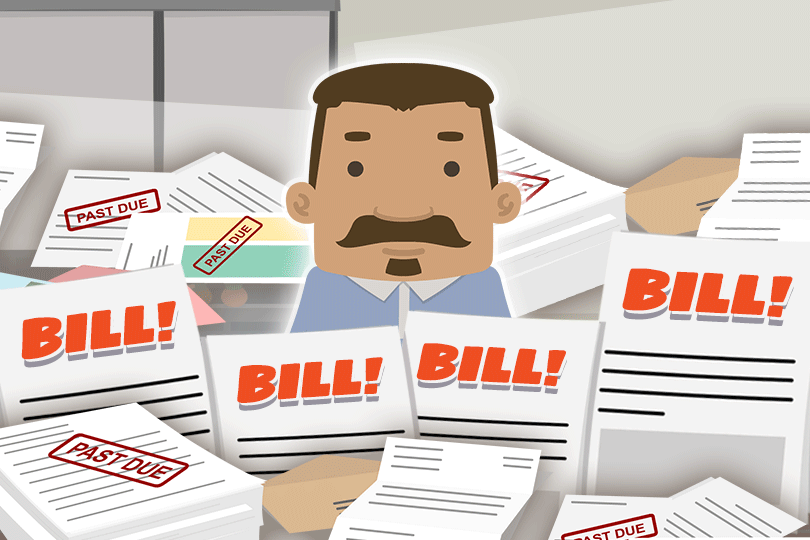Applying for an FHA Mortgage With a Bankruptcy

Many who have filed bankruptcy in the past and feel ready to return to home ownership want to know how long they must wait before applying again, and FHA mortgage loan rules found in HUD 4000.1 do permit applications from those who have filed Chapter 7 bankruptcy or Chapter 13 bankruptcy.
But what does it take to be approved for an FHA home loan after filing bankruptcy? The key is time. You can’t simply apply for bankruptcy and six months later try to get a new home loan. FHA loan rules require a minimum time you must spend waiting (a “seasoning period”) before you are permitted to apply for a new mortgage.
And this is where it gets confusing for some. We’ll examine the specifics of FHA loan rules for each type of bankruptcy (Chapter 7 and Chapter 13) below, but one consistent feature of these rules? Your ability to apply for a new home loan depends on how long you have waited before applying.
How long? It depends (as we’ll see below) on the type of bankruptcy. You should expect to wait 12 months at a MINIMUM, but you may be required to wait out multiple years. You are also required to show a record of good credit management in the time between the bankruptcy and your new loan application.
FHA Loan Rules for Applying After a Chapter 7 Bankruptcy
FHA loan rules in HUD 4000.1 states that Chapter 7 bankruptcy (the “liquidation” bankruptcy) does not disqualify an applicant “if, at the time of case number assignment, at least two years have elapsed since the date of the bankruptcy discharge.”
Note that this is two years after the DISCHARGE of the bankruptcy, not the initial filing. Many borrowers get confused on this point. That may be due to another set of rules which state that a seasoning period of at least 12 months but less than two years is possible under certain circumstances, which include:
- The borrower can show that their bankruptcy “was caused by extenuating circumstances beyond the Borrower’s control.”
- The borrower “has since exhibited a documented ability to manage their financial affairs in a responsible manner.”
FHA Loan Rules for Applying After a Chapter 13 Bankruptcy
FHA loan rules in HUD 4000.1 say that Chapter 13 bankruptcy “does not disqualify a Borrower from obtaining an FHA-insured Mortgage, if at the time of case number assignment at least 12 months of the pay-out period under the bankruptcy has elapsed.”
It’s up to the lender to determine that the borrower’s payment record under the bankruptcy has “been satisfactory and all required payments have been made on time.”
There’s an additional requirement--the Borrower is required to obtain written permission from bankruptcy court to apply for the mortgage.
FHA loan rules state that in cases where a Chapter 13 discharge is not reflected in the applicant’s credit report, “or additional documentation is necessary to determine if any liabilities were discharged in the bankruptcy,” the participating FHA lender is required to get copies of the bankruptcy and discharge documentation.
The lender must also make a determination that the bankruptcy was caused by circumstances beyond the borrower’s control and is not likely to happen again.
------------------------------
RELATED VIDEOS:
FHA Loans Have Eligibility Requirements
The U.S. Government Backs Mortgages Through the FHA
Financed Properties Must Meet FHA Minimum Standards

Do you know what's on your credit report?
Learn what your score means.







